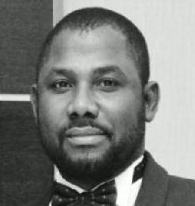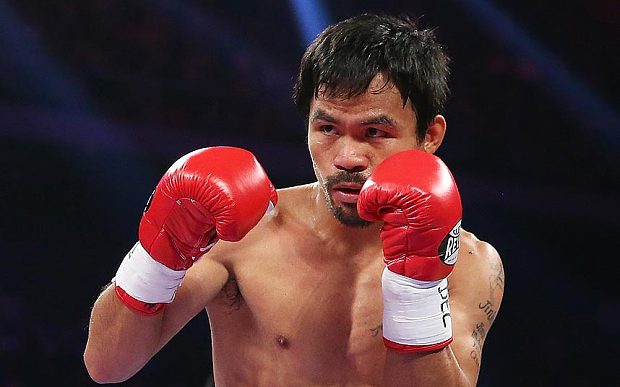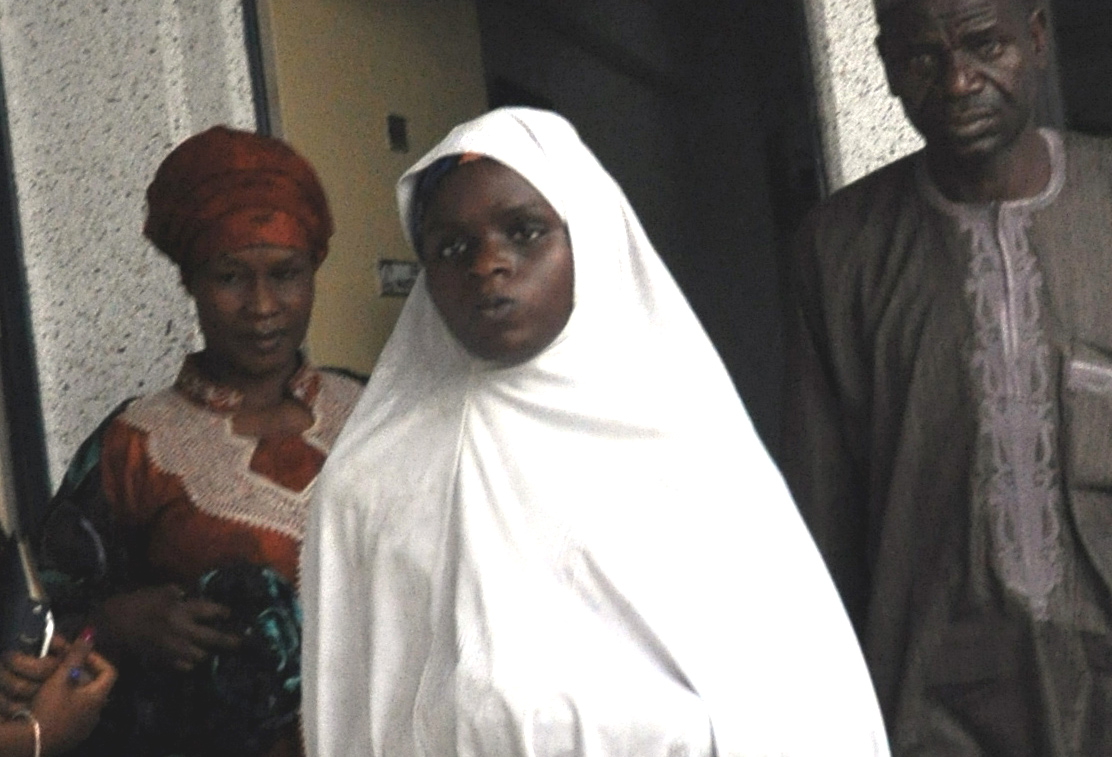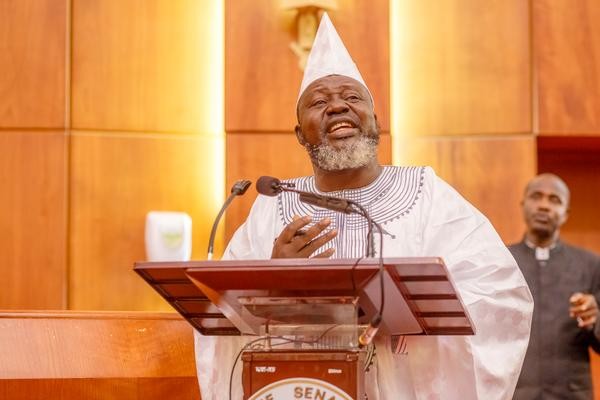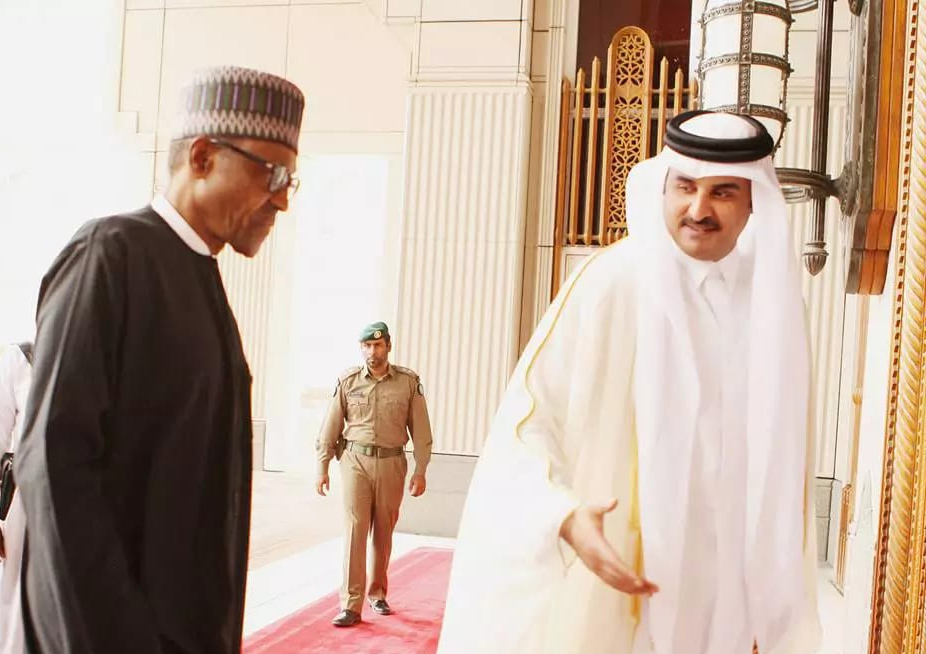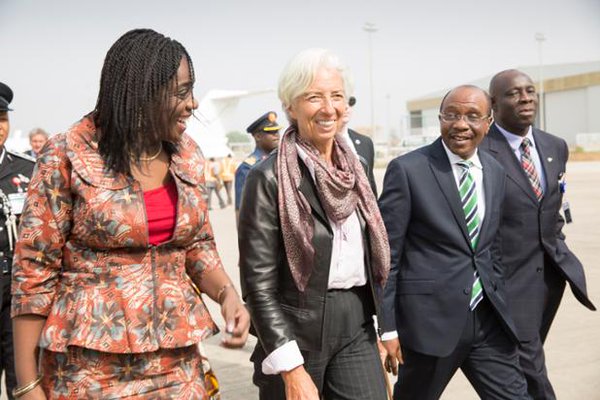Since the amazing transformation of the bread-seller, Olajumoke Orisaguna, who, by what can be better described as uncommon luck, acquired a new lease of life and got elevated from being a lowly street bread hawker to an adorable model and the latest corporate bride and brand image, a lot of words have being put out and opinions written about her glorious changeover. Of particular interest to me in these flurry of views are issues of poverty and the attitude of the corporate Nigeria that Olajumoke’s story has further provoked.
The incident has not only helped in driving home the disturbing images of poverty in urban cities and all over Nigeria, but has also provided a way of tasking everyone who is better positioned to do more on social support, and driving private organisations to be truly responsible in their pursuit of corporate social responsibility.
The truth is the statistic of poverty in our midst is as alarming as the social calamities it can potentially visit on the country.
Still, and according to the World Data Bank statistics, 62 percent of Nigerians live on less than $1.25. Similarly, a study conducted by the Oxford Poverty and Human Development Initiative (OPHI) has shown that 22.1 percent of Nigeria’s urban population is vulnerable to poverty while only 14.4 percent of the rural population is vulnerable. Lagos, according to the findings from OPHI, has 20 percent of its population vulnerable to poverty, and the intensity of economic deprivation in Lagos stands at 41.1 percent.
Advertisement
Unfortunately, the situation is worsening by the migration of rural dwellers from different parts of the country to Lagos and other urban states with the hope of escaping poverty and conditions of lack in their rural settlements. Sadly, Lagos and other states offer no better alternative because they are equally burdened and almost overwhelmed by internal challenges and growing population.
But there are certainly means of cutting down the dangerous expansion and swelling statistics of poverty in the country. Locally and from the perspective of individual’s capacity to lend a hand in protecting the society from sliding into graver conditions of inequality.
Worthy examples are seen in the popular photographer, TY Bello, who through her camera lens presented a big picture of better life for the bread-seller, and the notable journalist, Azuka Oguijuba, who thought the lady’s tale can further deepen understanding of the existence and potential of the everyday people and as such mooted the idea of the lady gracing the front page of a coveted lifestyle magazine, ThisDay Style. And that eventually turned out well for the purpose.
Advertisement
Ideally, society thrives by collective responsibility which helps to promote shared prosperity and opportunities not by crass opportunism that only serves the interest of the few and damages possibilities of growth and development.
That is why I believe the corporate Nigeria, Nigerian politicians and the public in general can draw from an international example of a renowned world boxer who is also prominent as a politician, philanthropist and corporate entity especially in his country.
Manny Pacquiao is a world champion professional boxer from Philippines, a country that has a troubling rate of poverty just like in Nigeria. Pacquiao has an estimated net worth of $190 million.
Even though that can be considered a huge figure by just one person in many decent societies, it is far below the questionable estimated worth of many individual Nigerian rich and politicians with which they oppress the poor rather help to improve the lot of the needy around them.
Advertisement
But unlike the Nigerian privileged class and their corporate collaborators, Pacquaio does not wait to employ and exploit a single case of poverty for vain glory or to demonstrate phony commitment to worthy causes. Pacquaio has always and has continued to use his wealth to address the challenges of health care, human development, education, hunger and many more in Philippines.
Just recently, he surprised his constituents and also caught the attention of the world in the usual positive way by building 1,000 homes for the needy amongst his people from his personal finances.
“I’m so happy giving these houses free to my constituents in Sarangani Province from my own pocket more than thousand families are the beneficiaries,” he said.
But in this part of the world, it is not unusual to see a very rich and influential figure driving an expensive car on a bad road that leads to his home and still waiting endlessly for the government to do the repairs and road construction for him. So one wonders how such an individual would see the poverty in the lives of his array of maids and servants let alone the deprivation that pervades the road.
Advertisement
This same applies to many several corporate entities in the country that are only fixated with some catch phrases such as “World of Possibilities”, “Dreams Come True” “Moving Forward” and what not yet a lot of Small and Medium Enterprises (SMEs) have suffered premature deaths with the wall of impossibilities, bad interpretations of dreams and stumbling blocks created by many of these corporations when the SMEs are in dire need of assistance.
Hopefully, these elements will understand that the battle against poverty is better fought by routing all the circumstances that create an environment where some are abysmally poor and others are filthy rich. And also begin to challenge poverty with practically just like Pacquiao does.
Advertisement
Views expressed by contributors are strictly personal and not of TheCable.
